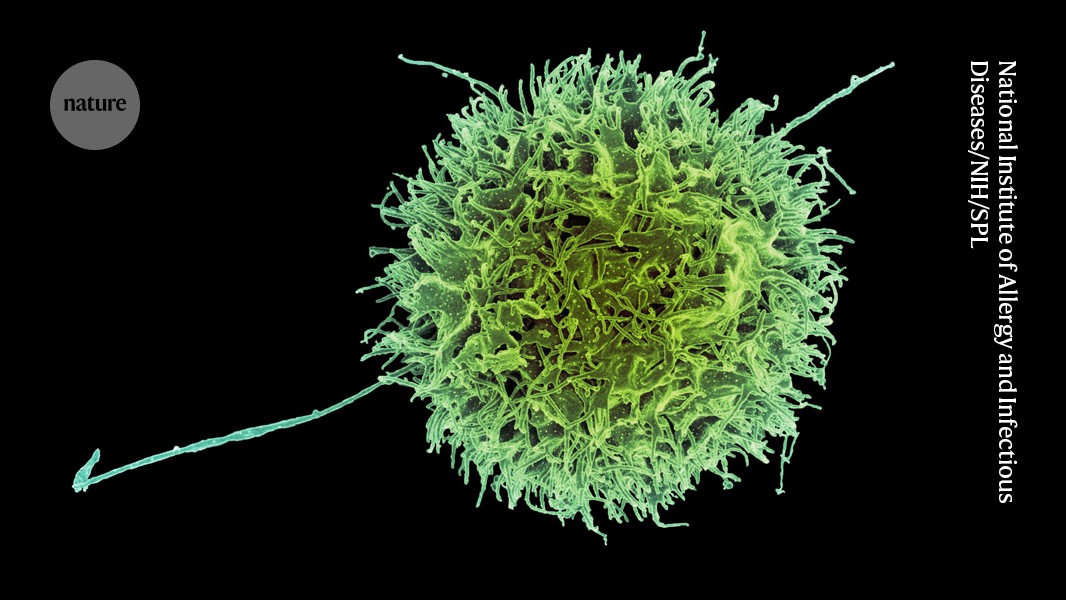
""Natural killer cells have evolved to seek and destroy abnormal cells," says Nadir Mahmood, president of Nkarta, a biotechnology company in South San Francisco, California. "And if that's deep enough to drive an immune-system reset, then you can have the reconstitution of a healthy and naive immune system.""
"Before the killers, this approach has its roots in cancer therapies that rely on another kind of immune cell, called T cells, that can be genetically engineered to recognize and kill tumours."
"CAR T cells can send some forms of blood cancer into remissions lasting more than a decade, and they have shown early promise against certain autoimmune disorders."
"These factors mean that, at present, only about one-quarter of people in the United States who might benefit from CAR-T-cell cancer therapies can access them, says Katy Rezvani."
Supercharged natural killer cells can target and destroy autoantibody-producing cells, which contribute to autoimmune diseases such as lupus and systemic sclerosis. Results from clinical trials indicate that engineered natural killer cells could reset the immune system, restoring a healthy immune function. This method builds upon existing cancer therapies that employ genetically engineered T cells, which have shown effectiveness in treating some autoimmune disorders. However, access to current CAR-T-cell therapies remains limited for many patients in the United States due to complexity and cost.
Read at Nature
Unable to calculate read time
Collection
[
|
...
]